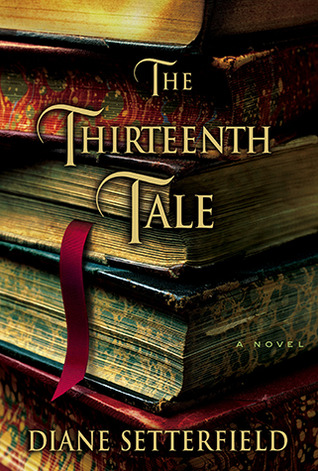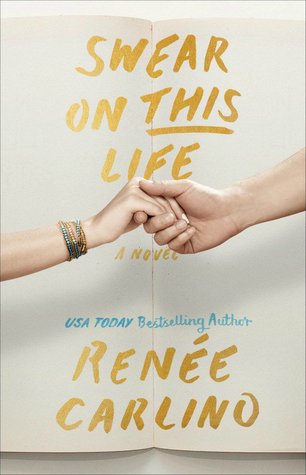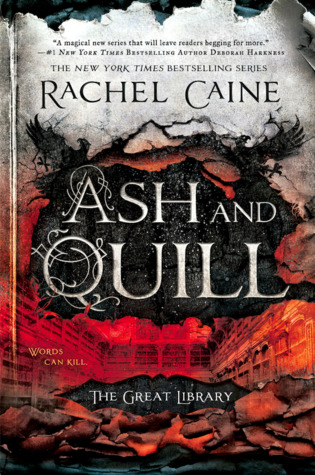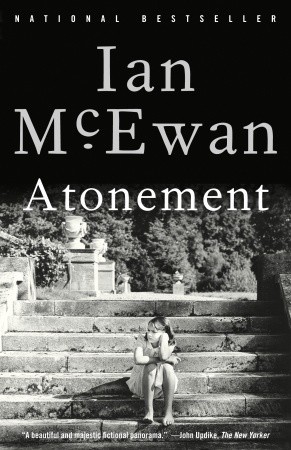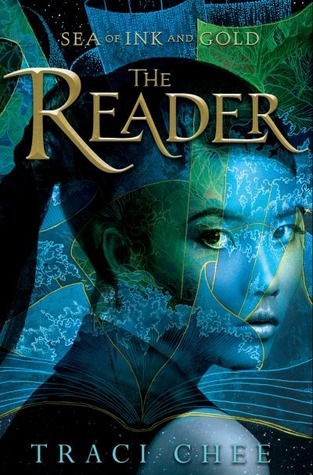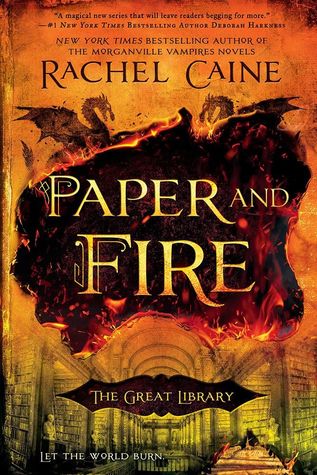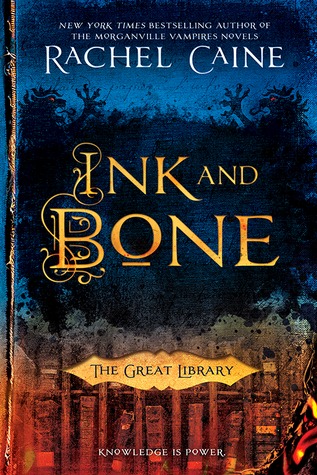 The happy, pale turquoise and penguin clutching a page on the cover caught my eye while perusing books at a well-known local bookstore a few weeks ago. Unfortunately, I'd already bought a few other books at said store (at full cover price--ouch) and didn't have it in the budget for this one. Luckily, the library came through for me, because I'd skimmed the first few pages and was intrigued by the premise of this memoir: young woman finishes MFA and, with the opportunity of going anywhere in the world for up to three months, chooses Bleaker Island, a tiny hunk of land in the Falklands (just north of Antarctica) in the middle of the southern hemisphere's winter, in the hopes that a sense of extreme isolation will give her the discipline and concentration she needs to write a novel. Does it work? Well...
The happy, pale turquoise and penguin clutching a page on the cover caught my eye while perusing books at a well-known local bookstore a few weeks ago. Unfortunately, I'd already bought a few other books at said store (at full cover price--ouch) and didn't have it in the budget for this one. Luckily, the library came through for me, because I'd skimmed the first few pages and was intrigued by the premise of this memoir: young woman finishes MFA and, with the opportunity of going anywhere in the world for up to three months, chooses Bleaker Island, a tiny hunk of land in the Falklands (just north of Antarctica) in the middle of the southern hemisphere's winter, in the hopes that a sense of extreme isolation will give her the discipline and concentration she needs to write a novel. Does it work? Well...I found this a charming book set in a depressing AF setting. Stevens wants to be a writer, desperately. She picks Bleaker Island as her spot to write out of a sense of wanting to be different; and don't all writers? But upon her arrival, she finds herself thinking, "If the island is Bleaker, it's bleaker than what?" The answer: everything. It is a desolate place, as the Falklands in general seem to be, at least in the winter. It is devoid of fresh produce, and regular contact with the outside world, with a language that has evolved out of several kinds of language into its own weird sort of dialect. Nell finds herself scrutinized by citizens who are wary of outsiders in general and writers in particular, and then eventually completely and literally isolated: the only human on Bleaker Island for six weeks. There, she struggles to apply everything she learned in school to the creation of a novel set in the Falklands, and on Bleaker in particular. Ultimately, the novel doesn't work, and what she produced--in her diary from her stay, in her attempts at the novel, in short stories from school, in snippets of her life leading up to the trip to the Falklands--became this book instead.
I did like Stevens' writing. She has a dry and self-deprecating sense of humor, and while her time in the Falklands might not have turned her into a novelist (at least not a published one), it certainly seemed to let herself know herself more, though this seems to have come in an epiphany moment near the end of her stay rather than in a slow but steady stream of self-realization. In this, she was successful, and I think the book showed that. She realizes that not everything she has to write is amazing. She realizes that being alone and being lonely are very different things. And she realizes that even if she's not going to write a novel based on her time in the Falklands, she can still certainly write a book.
This was a trip taken on a whim; while Stevens has some justification for her choice, she seems aware that it's flimsy and that she's going primarily because no one else was, and that even her written proposal sounded pretty silly once it was read back. But she definitely got something out of it, I think we can safely say. The structure of the book feeds into this idea; while it starts with Nell's arrival on Bleaker, it jumps back with the first chapter to do a mostly-chronological account of her time in the Falklands, interspersed with snippets of her life beforehand and other writing projects she worked on, mostly a few short stories in their full form. Because she includes pieces of her life, you can see her penchant for including life in her writing, just as she was hoping to do with basing a book on Bleaker. It's an insight into her creative process, and the evolution of it over time. I personally thought it was interesting--most aspiring writers probably will, if only to see someone else sharing in their struggles. But other people might not.
Overall, this was a book I really liked. It's light, but not fluffy, and while there's nothing world- or even life-shattering about it, I found it was a book I could empathize with...though the Falklands are probably off my list of places to visit, honestly.
4 stars out of 5.
